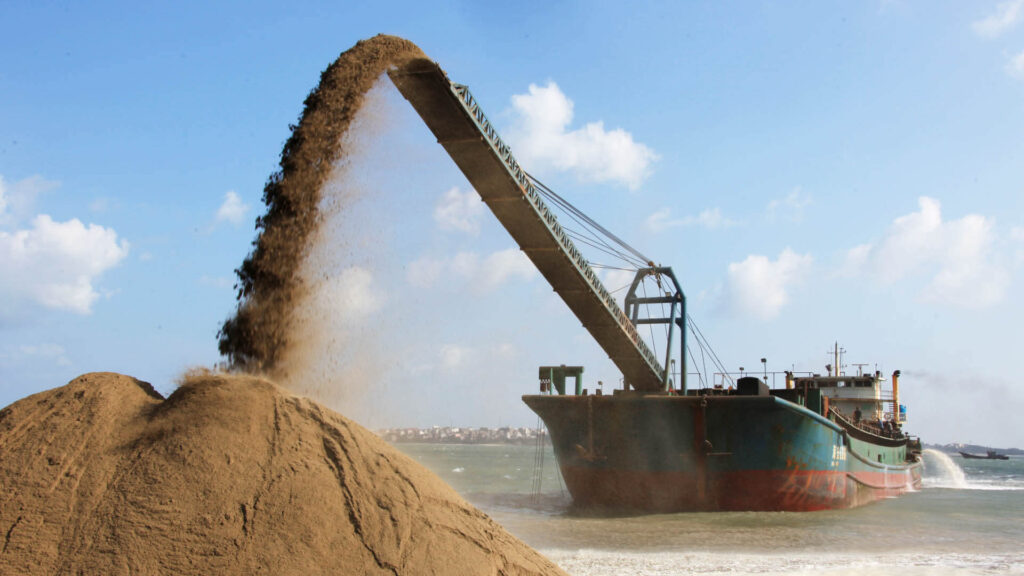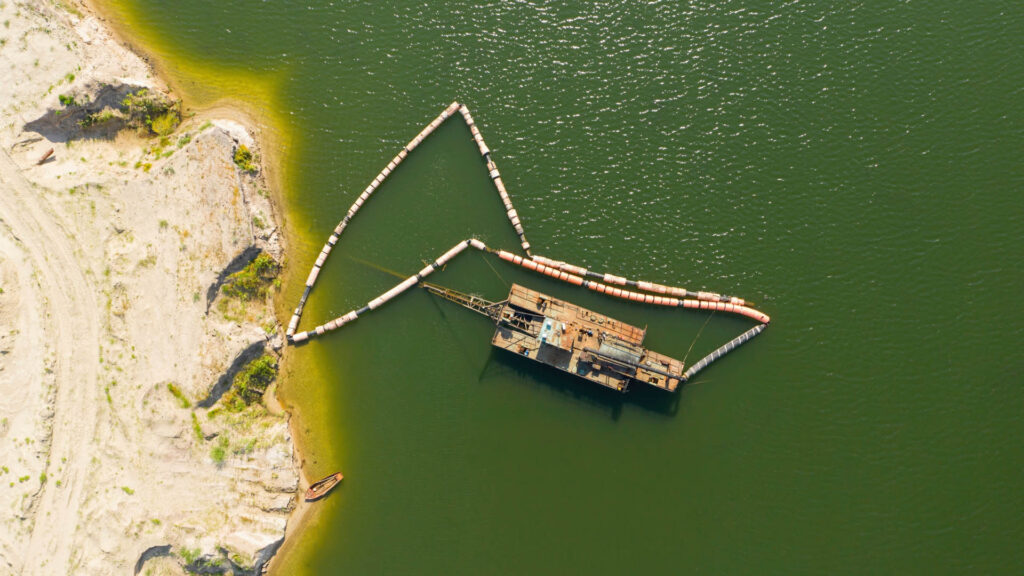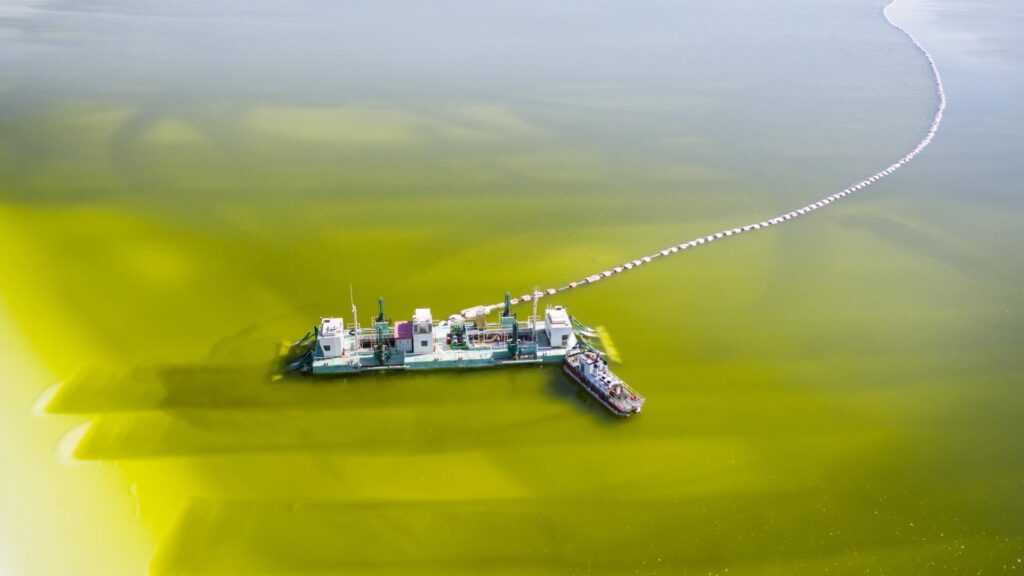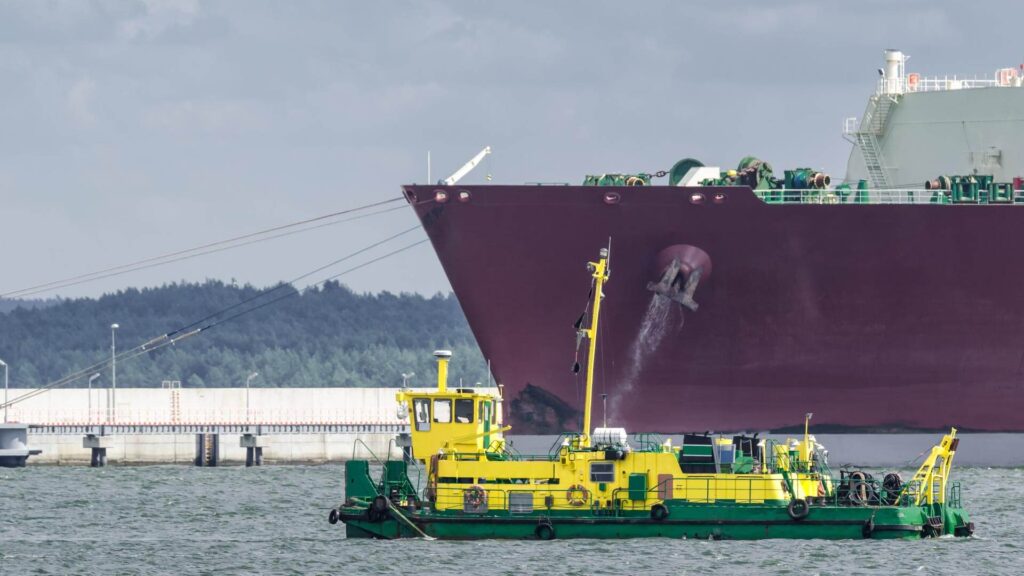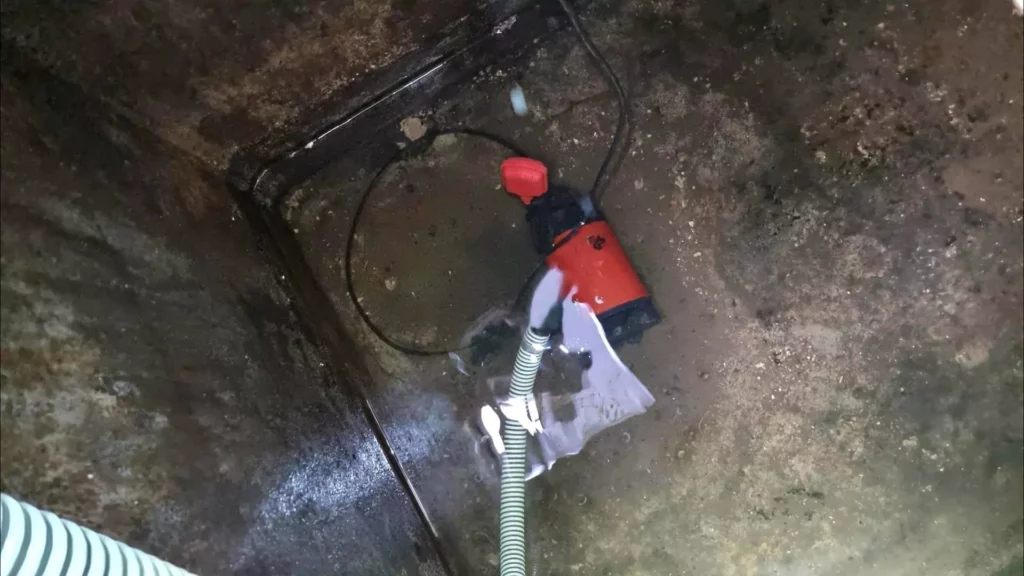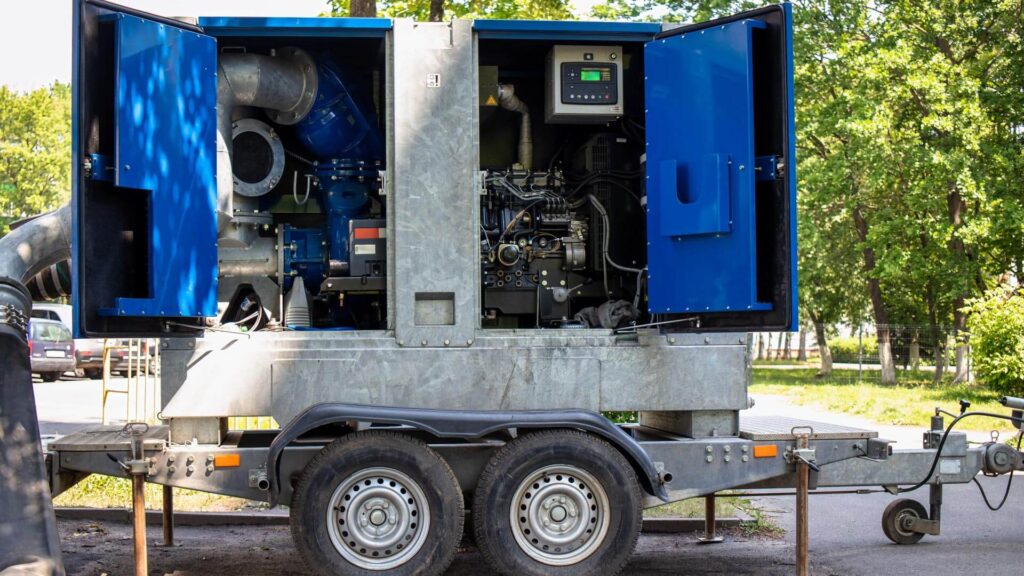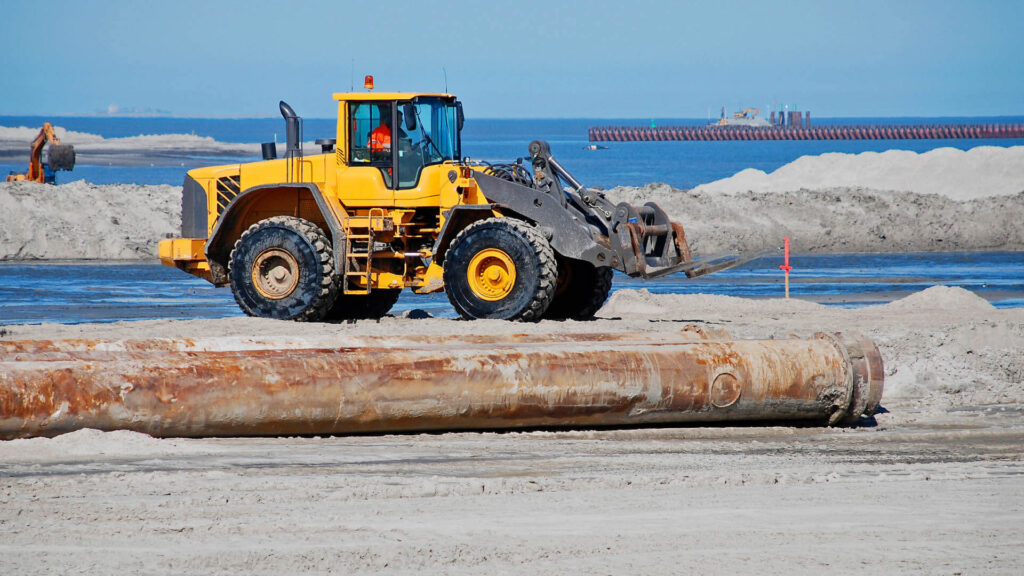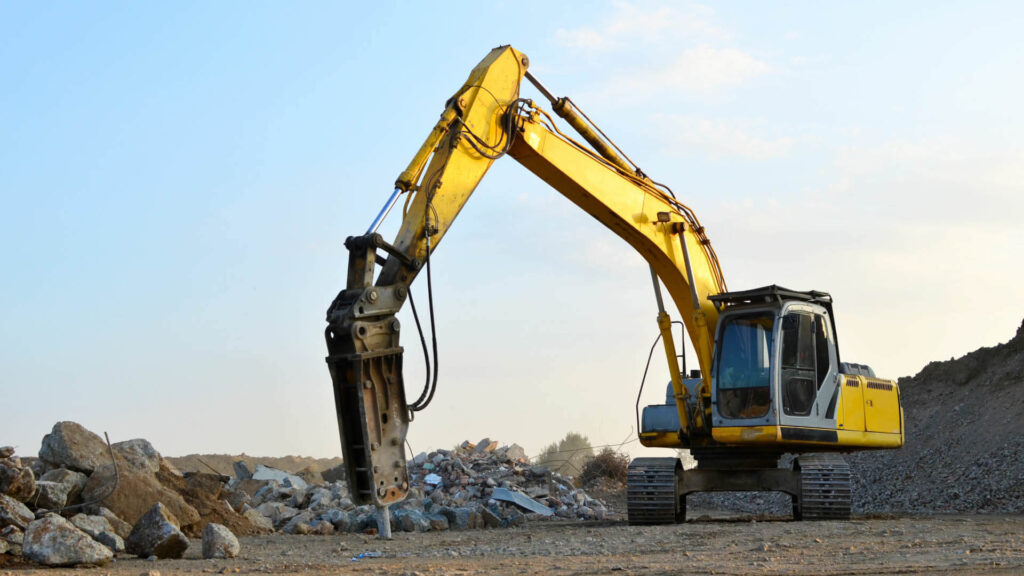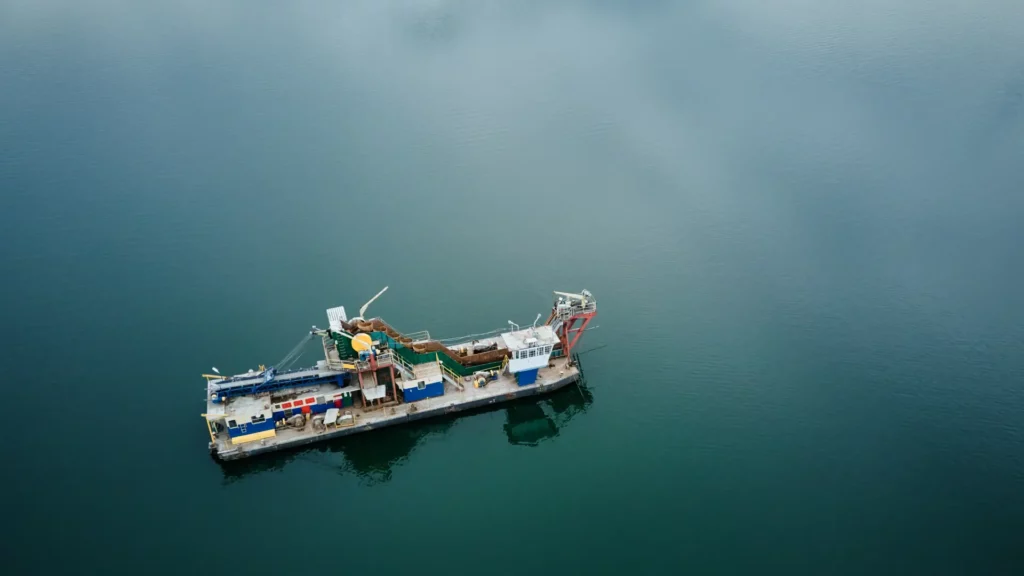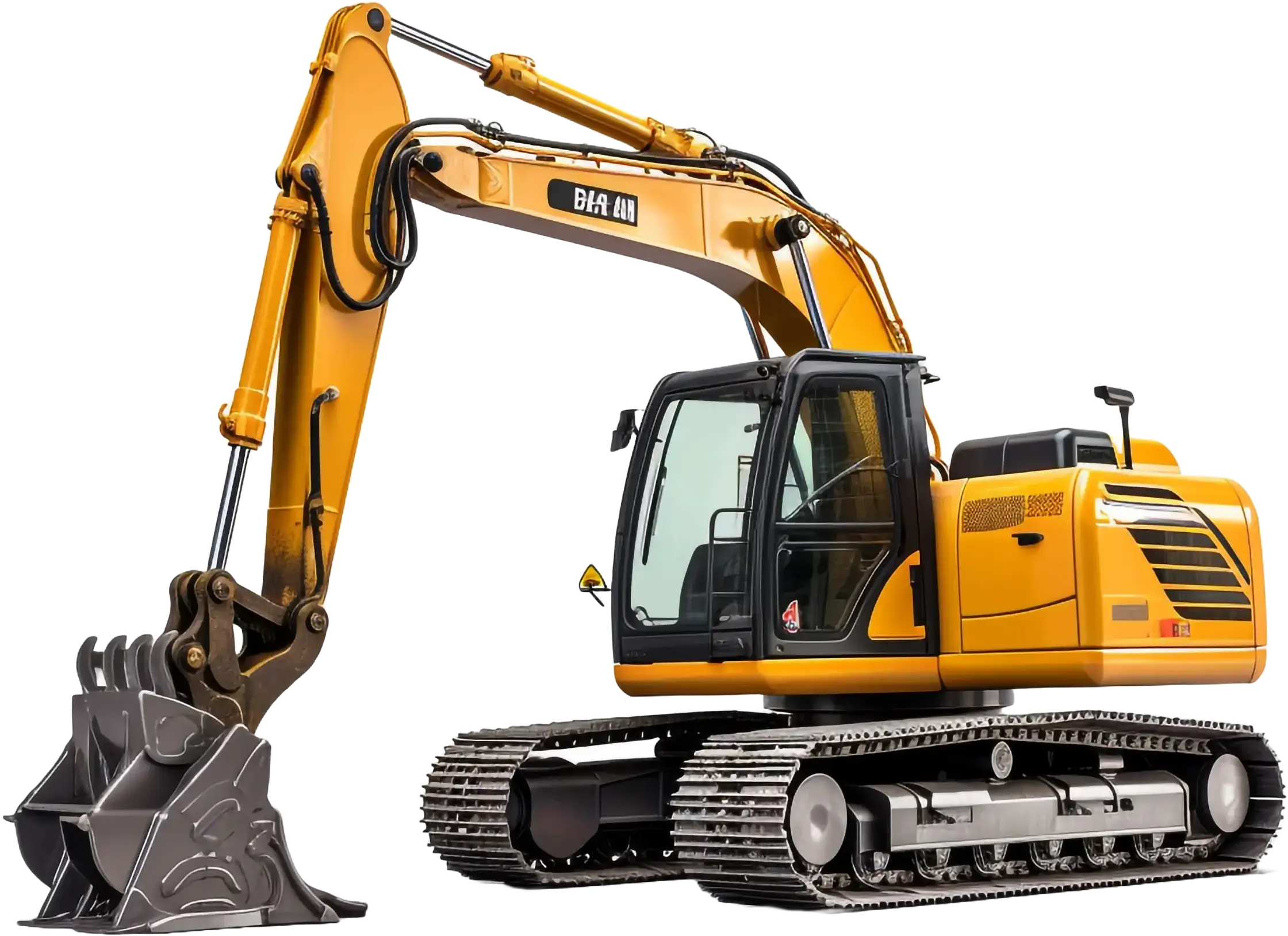Sand Dredging Equipment Maintenance: Best Practices to Reduce Wear and Downtime
Dredging plays a vital role in maintaining the health and functionality of waterways, ensuring smooth navigation, preventing flooding, and supporting environmental restoration. It is also critical for resource extraction, such as sand and gravel, which are essential for construction and infrastructure projects. The process involves removing sediment, debris, and other materials from the bottom of rivers, lakes, and other bodies of water to maintain or increase water depth. This improves water flow, prevents sediment buildup, and protects aquatic ecosystems. Effective dredging relies heavily on specialized sand dredging equipment designed to handle the abrasive and demanding conditions of moving sand and sediment. Whether it’s restoring natural water flow or reclaiming land, the performance of dredging equipment directly impacts the efficiency and success of these projects. For example, river sand dredging equipment is specifically built to handle the challenges of extracting fine and coarse sand from riverbeds, where currents and sediment composition can cause significant wear. Similarly, lake dredging equipment must be equipped to operate in deeper, stiller water where sediment can settle more densely, creating different operational demands. Proper maintenance of dredging equipment is essential to reducing wear, minimizing downtime, and extending the lifespan of components, ensuring reliable performance and lower long-term operational costs. Common Challenges in Sand Dredging Equipment Maintenance Abrasive Nature of Sand One of the biggest challenges in maintaining sand dredging equipment is the abrasive nature of sand. Sand particles, particularly coarse sand, can cause significant wear on dredge pumps, impellers, and pipelines. When sand is pumped through dredge systems at high pressure, it creates friction that gradually erodes metal surfaces and reduces equipment efficiency. Fine sand, while less immediately destructive, can still accumulate within the system and increase operational resistance. River sand dredging equipment faces added stress from varying sediment sizes and river currents, which can lead to uneven wear on pump components and hoses. Properly maintaining dredge pumps and installing wear-resistant linings can help mitigate this damage. Corrosion and Rust Continuous exposure to water, especially saltwater, accelerates the corrosion of metal components in dredging equipment. Even in freshwater environments, prolonged moisture exposure can cause rust and weaken structural integrity. River sand dredging equipment is more prone to corrosion due to varying mineral content and water composition in riverbeds. Similarly, lake dredging equipment is susceptible to rust when sediment remains trapped in the system after shutdown. Applying anti-corrosion coatings and regularly cleaning and drying equipment after use can help reduce the risk of rust and metal degradation. Blockages and Clogs Sand dredging equipment often encounters blockages due to sediment and debris accumulation in suction lines and pump chambers. Large rocks, shells, and vegetation can obstruct flow paths, reducing dredging efficiency and increasing pump stress. Monitoring sediment size and composition is especially critical for river sand dredging equipment, where fast-moving currents can introduce unexpected debris. Lake dredging equipment can also suffer from clogs due to slower water movement, which allows sediment to settle more densely. Regularly inspecting and flushing the system helps prevent these issues. Mechanical Stress and Fatigue The heavy mechanical loads involved in dredging operations create ongoing stress on pumps, hoses, and excavator arms. Continuous operation without proper maintenance can lead to metal fatigue, causing cracks and failures in critical components. Unbalanced loads increase wear on moving parts and shorten equipment lifespan. River sand dredging equipment, in particular, experiences high levels of mechanical stress due to the force of river currents and shifting sand beds. Lake dredging equipment faces less dynamic stress but can still suffer from material fatigue during prolonged operation. Regular alignment checks and balanced dredging loads can help reduce mechanical wear and improve equipment longevity. Routine Maintenance Best Practices Pre-Operation Inspections Conducting thorough pre-operation inspections is essential for ensuring the reliable performance of sand dredging equipment. Before starting any dredging operation, it’s important to check for leaks, worn-out components, and any signs of structural damage. Hoses, pipes, and pump seals should be inspected for cracks or looseness that could lead to suction loss or leaks during operation. Ensuring proper lubrication of moving parts, including impellers, cutter heads, and hydraulic components, helps minimize friction and prevent premature wear. For river sand dredging equipment, inspecting for debris or sediment trapped in the system is especially important due to the variable nature of riverbed materials. By addressing these issues early, operators can prevent costly breakdowns and maintain consistent dredging efficiency. Monitoring Performance Metrics Tracking performance metrics is critical for identifying early signs of wear or imbalance in sand dredging equipment. Key indicators include suction pressure, flow rates, pump efficiency, and vibration levels. A sudden drop in suction pressure or reduced flow rates could indicate a clog, impeller wear, or misalignment. Installing pressure and flow monitors allows operators to adjust settings and detect anomalies before they lead to serious failures. Regular monitoring is particularly important for lake dredging equipment, where sediment density and composition can change depending on water depth and weather conditions. Monitoring real-time performance helps ensure that the dredge is operating at peak efficiency and reduces the risk of unexpected downtime. Cleaning and Flushing Systems Regularly flushing the system is one of the most effective ways to prevent sediment buildup and clogs in sand dredging equipment. Over time, fine sand and sediment can accumulate in pipes and nozzles, reducing flow efficiency and increasing wear on internal components. After each operation, flushing the system with clean water helps remove residual sediment and prevents hardened deposits. This is especially beneficial for lake dredging equipment, where still water allows sediment to settle more quickly. Cleaning nozzles, hoses, and pumps also ensures consistent flow rates and reduces the risk of blockages during operation. Lubrication and Greasing Proper lubrication is essential for minimizing friction and reducing wear on moving parts in sand dredging equipment. Using the correct type of lubricant for wet and abrasive conditions helps extend the lifespan of components like impellers, cutter heads, and shafts. Regularly applying grease to bearings and seals prevents corrosion and metal fatigue. For lake dredging equipment, which operates in slower-moving water, lubrication
Sand Dredging Equipment Maintenance: Best Practices to Reduce Wear and Downtime Read More »

